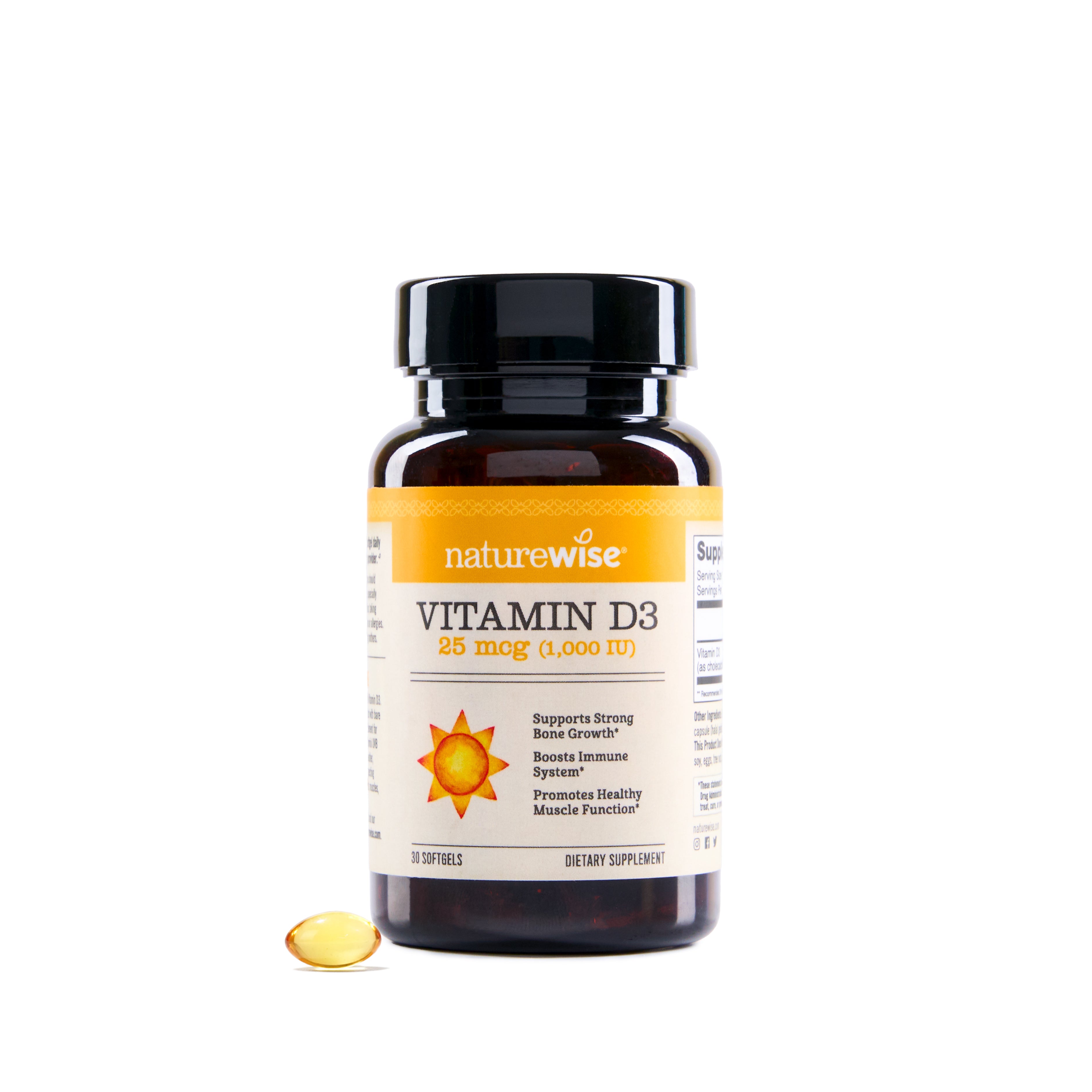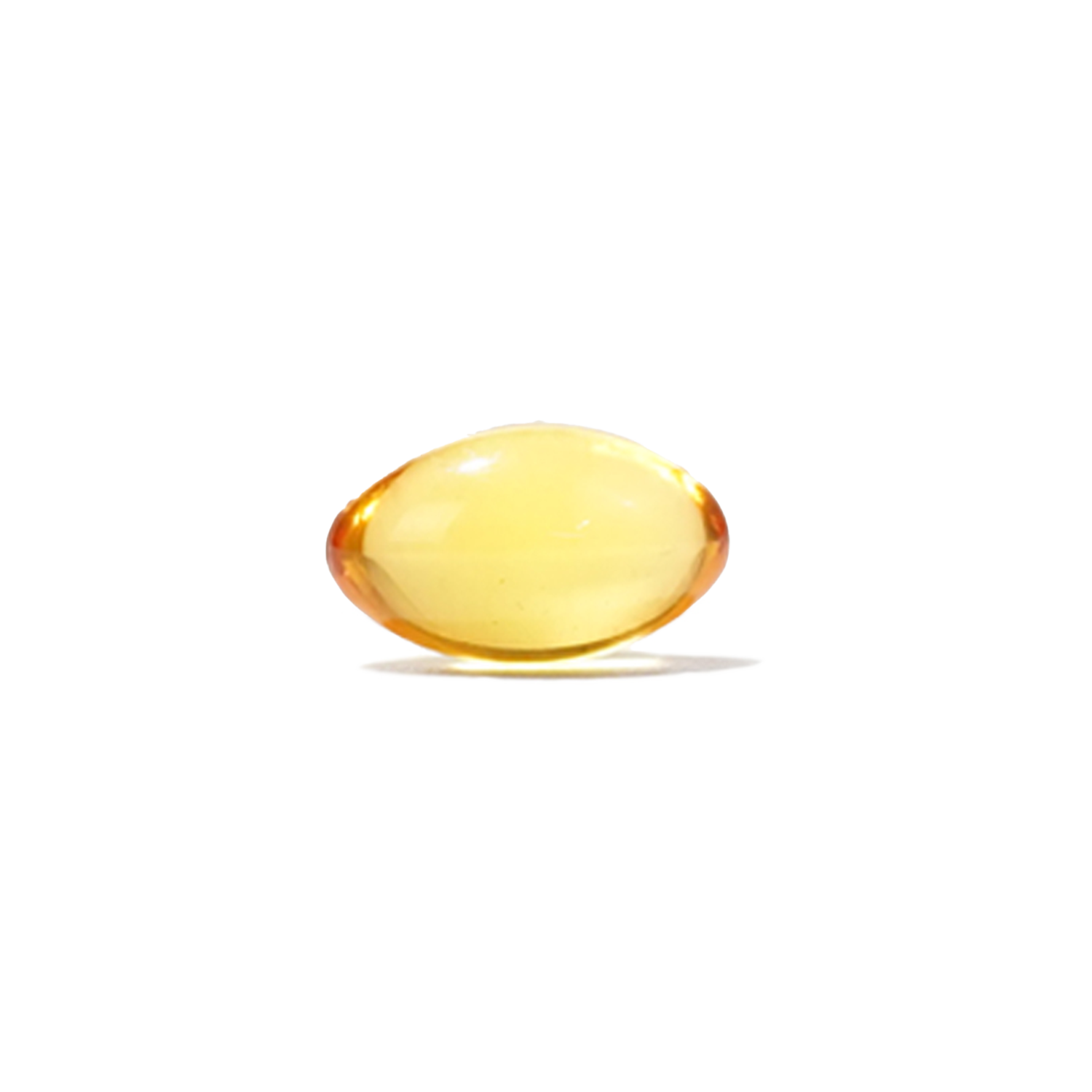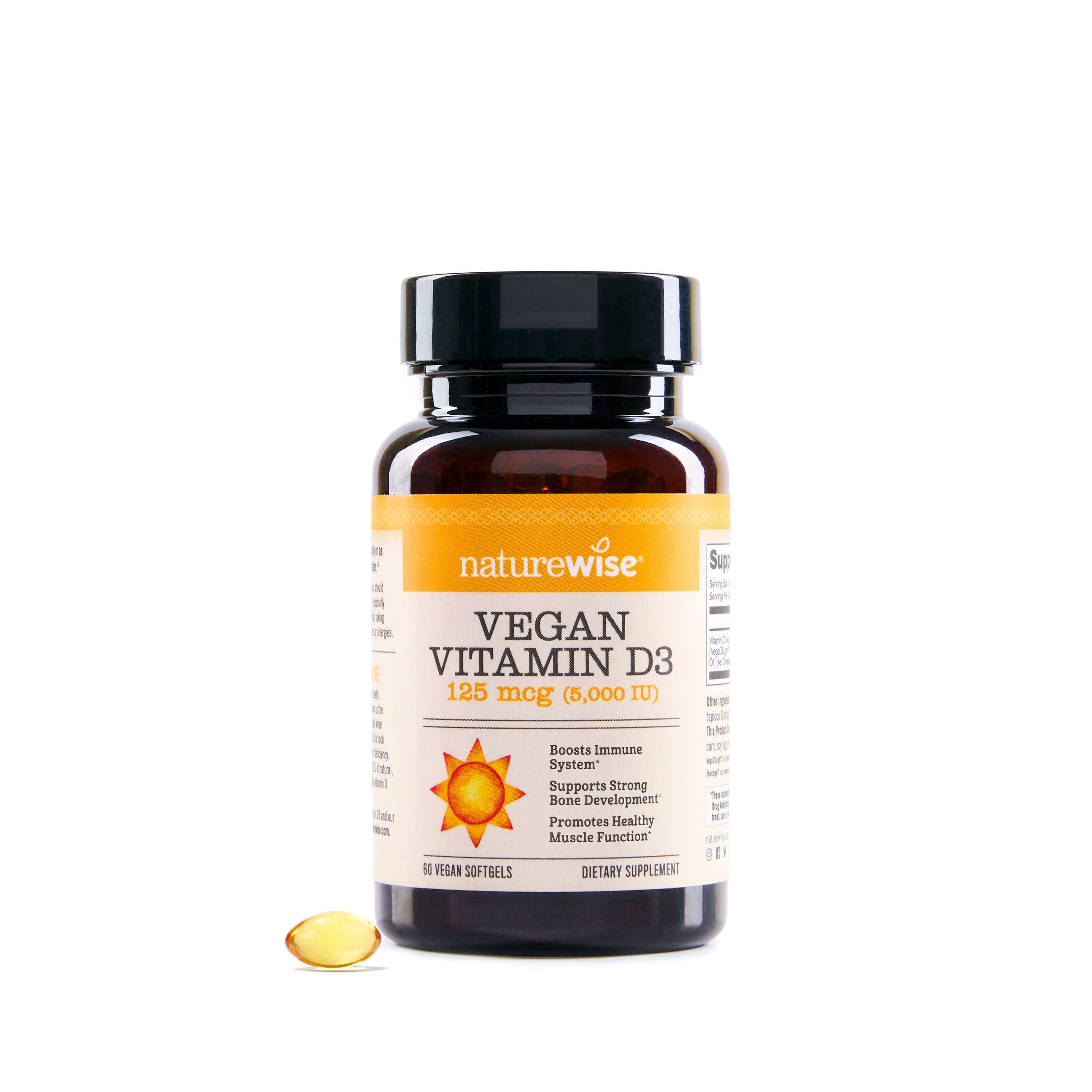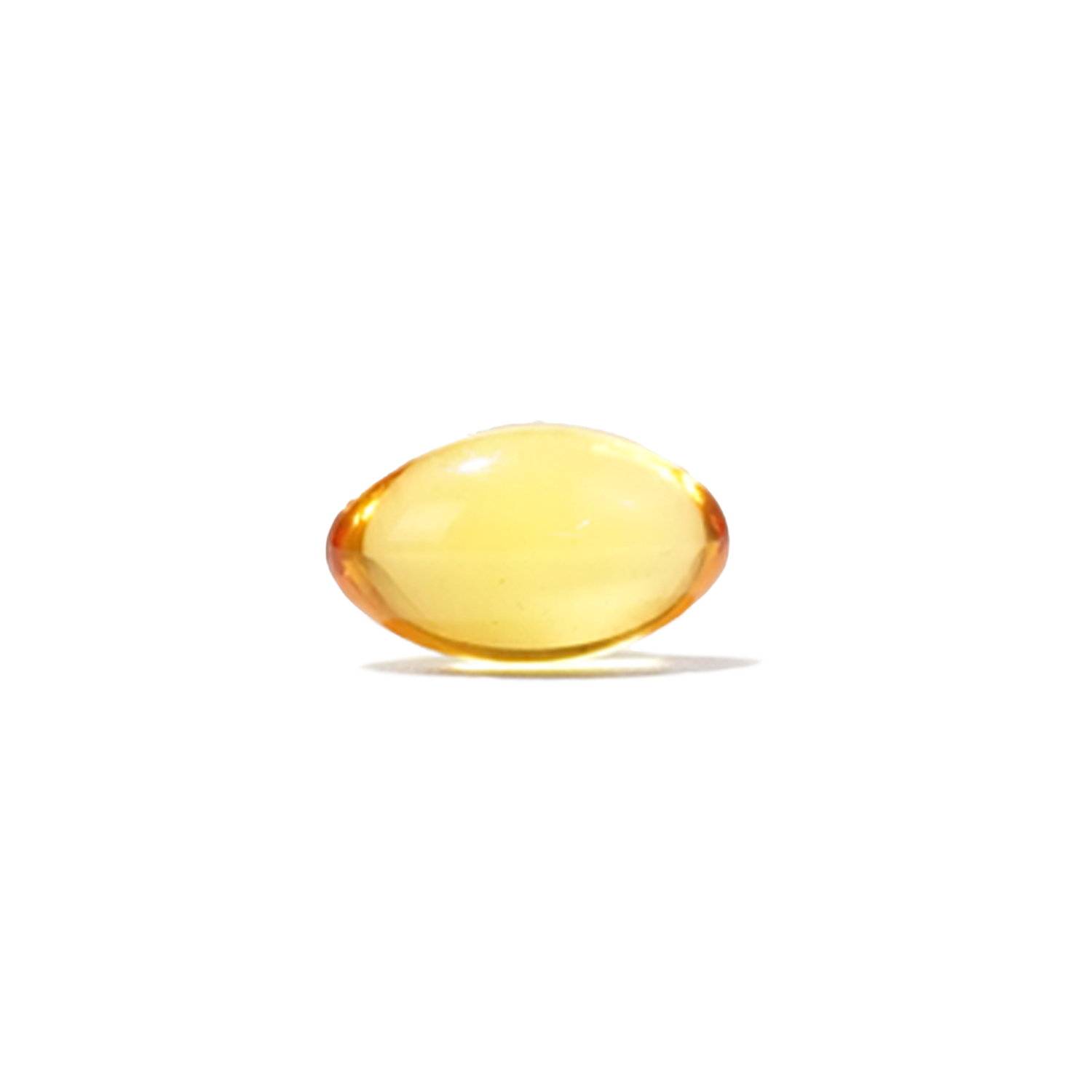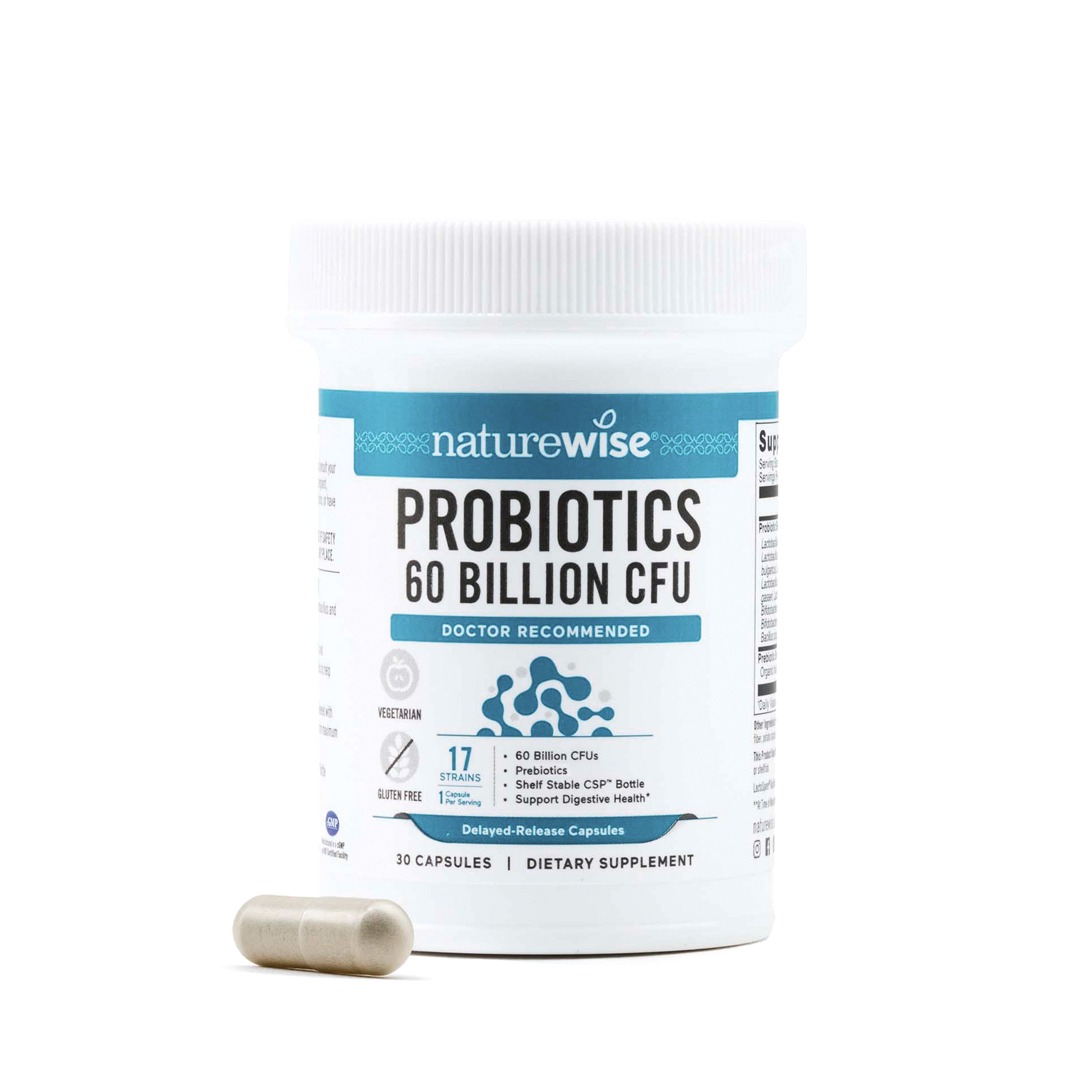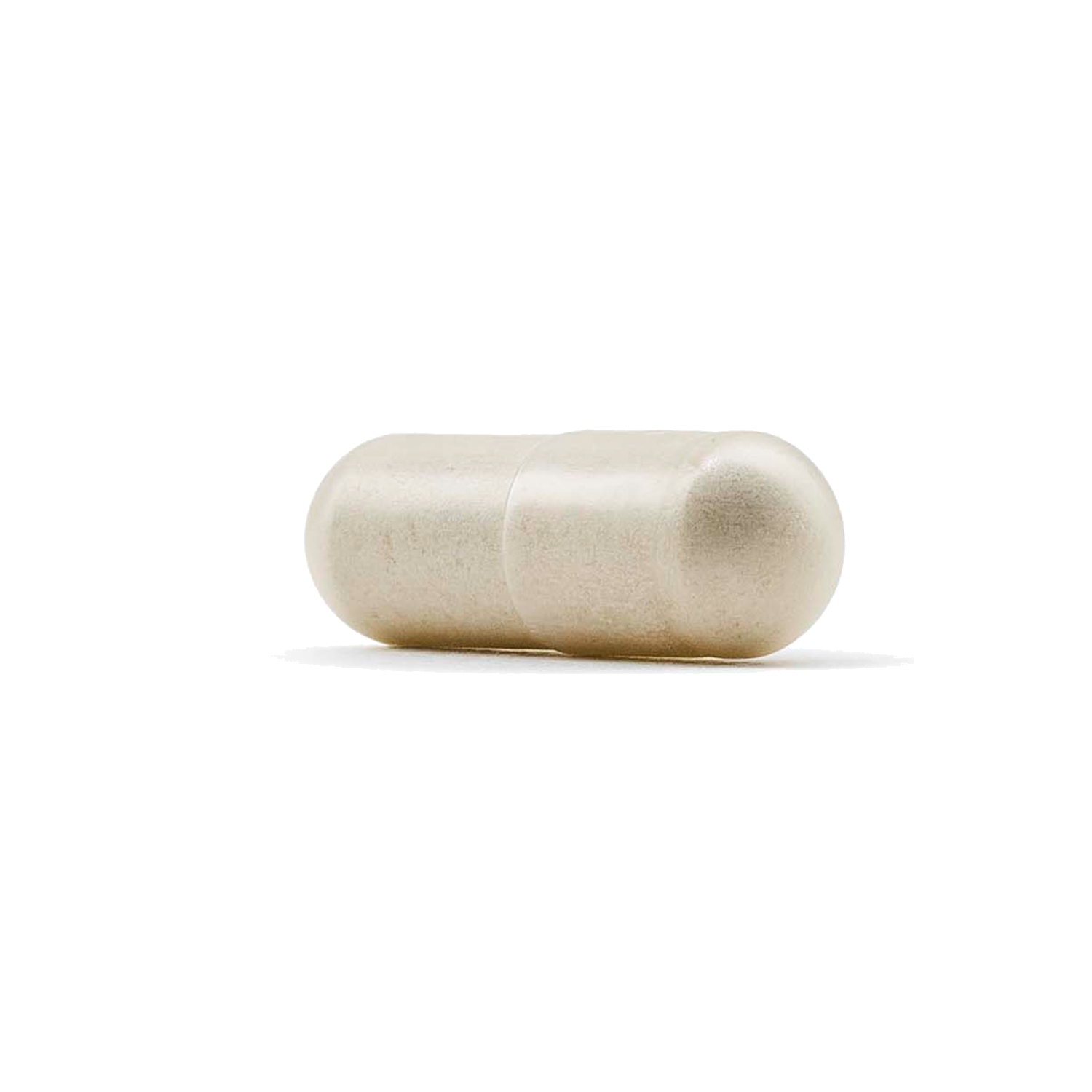The winter months can be hard on our bodies, particularly our immune system. From the common cold and stomach bugs to the dreaded flu, our bodies are put to the test. While getting sick is unavoidable at time, there are some things you can do to help keep your immune system strong.
Vitamins

Your body needs a wide variety of vitamins and minerals, many of which can come from a well-rounded diet. But throughout the winter, there are some vitamins you may want to pay closer attention to — we’re looking at you D and C.
Vitamin D deficiencies are much more common during the winter months, because we typically get less sun exposure during these months. A supplement can be a great way to make sure you’re getting enough of that “sunshine vitamin” to keep your bones and your immune defenses strong in the winter.
Our immune systems definitely get tested during the colder months — it is cold and flu season, after all. Vitamin C is a classic immune-boosting vitamin that can help chase off those colds. To get more Vitamin C in your diet, look for foods like red and green peppers, broccoli, potatoes, brussel sprouts, kale, and citrus fruits.
Probiotics
Your gut health matters all year long, but when the temperatures drop, a healthy gut can help keep you on your feet.
Your gut is made up of trillions of live bacteria, the majority of which are “beneficial bacteria”. These friendly microbes are your first line of defense against harmful bacteria and viruses. Keeping your microbiome in balance can help keep your immune system strong.
Support those helpful bugs in your gut by eating fruits, vegetables, nuts and seeds — what are called “prebiotic” foods. These foods help nourish that good bacteria we talked about and help them gain a stronger foothold.
You can also consider taking a probiotic supplement to help strengthen and balance out those probiotic colonies. There are plenty of options; just listen to your gut.
Stress Less
Stress can wreak havoc on your immune system, not to mention your overall well-being. When you’re stressed, your body responds by releasing an array of stress hormones that are pumped throughout your body. While these hormones are useful in emergency situations or during important events (a big presentation, a final exam), they can interfere with the health of your immune system if the stress is long-lasting.
Exercise is one of the most effective and easiest ways to reduce your stress levels. Your body will start using those stress hormones to help you work out, while also releasing feel-good hormones (endorphins).
You can check out some more tips we have for reducing stress in our blog: “5 Tips for a Stress-Free Holiday”.
Sleep

Getting adequate sleep not only helps you feel more energized during the day, it can also keep your immune system going strong. When you sleep, certain disease-fighting substances are created and released by your body. These hormones, proteins, and chemicals are important for fighting off infections and diseases.
So don’t be afraid to call it an early night and go hibernate.

